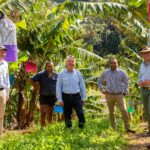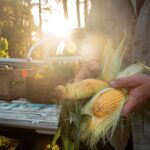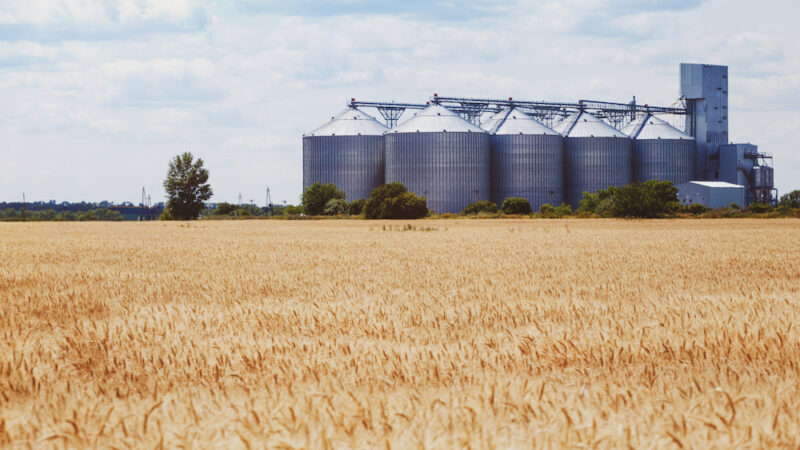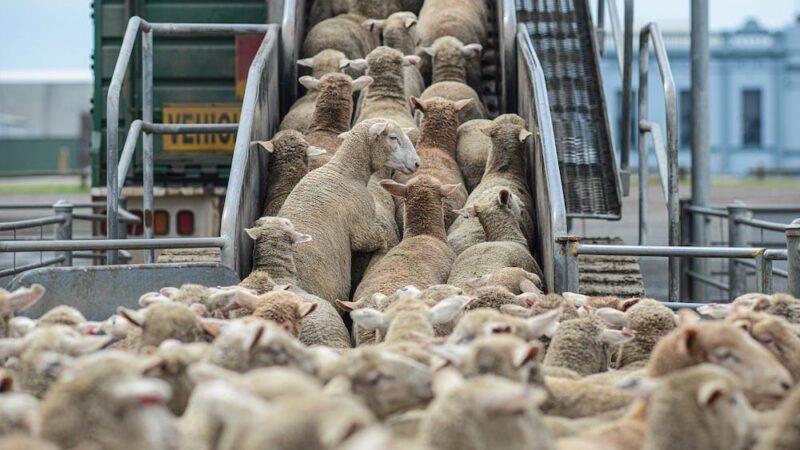NSW Farmers’ President James Jackson said the Federal Budget handed down is overall positive news…
Small slice of Federal Budget pie for agriculture
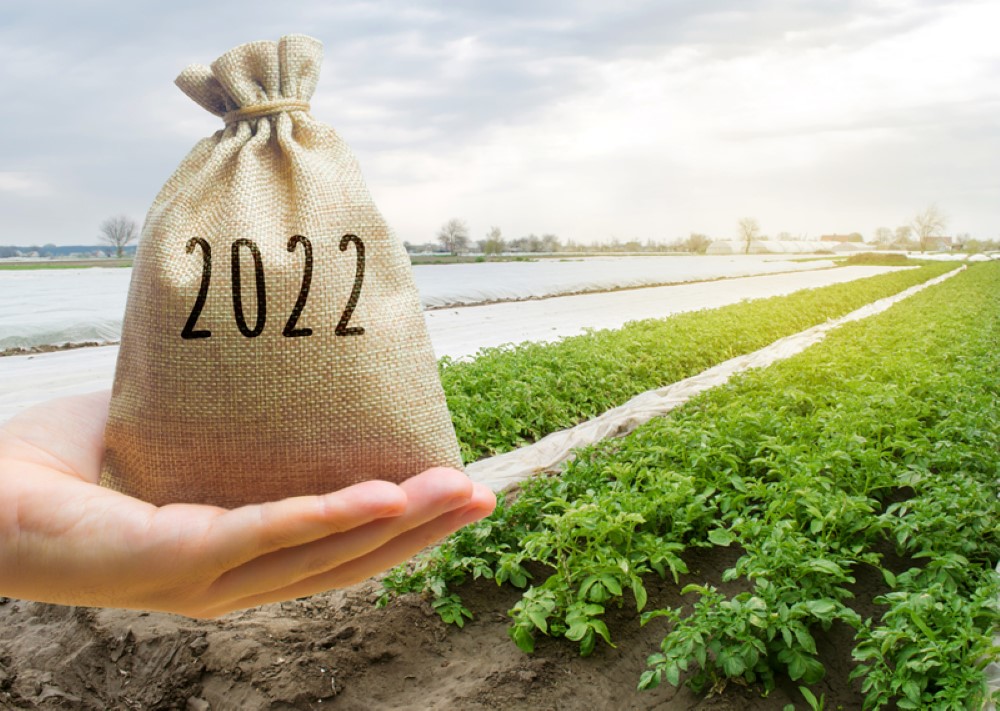
The small slice of Federal Budget funding for biosecurity is the perfect example of this. While $61.6 million of funding has been fast tracked for the next two years rather than the four set in the pre-election coalition budget, a sustainable long-term funding source has not been identified. This will mean that funding and government action continues to be reactive and based on political decisions rather than evidence-based strategic requirements.
Rather, the Budget chose to include important initiatives targeting structural drivers of the economy over the long-term. It will be vital that agriculture and regional Australia is a key consideration in these initiatives.
For example, the states and territories and the Federal Government will develop a $1 billion National Skills Agreement, with support targeted at priority groups and sectors. Also related to skills is a Migration Strategy aimed at identifying reforms that complement the Australian workforce. Agriculture has a myriad of workforce issues which should position it as a priority sector in these reforms.
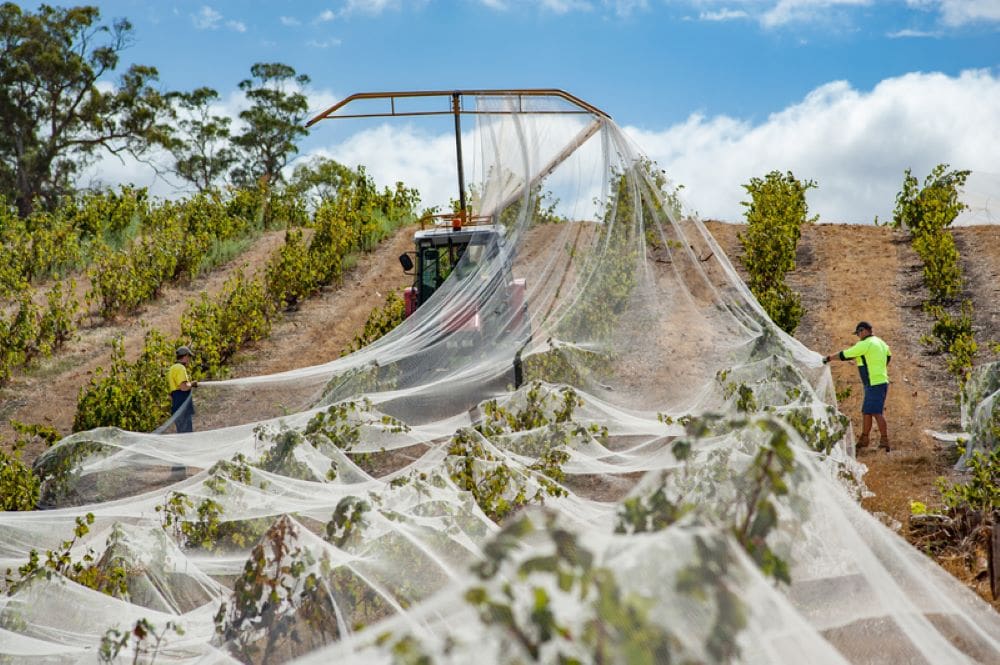
In terms of energy, the major announcement of $20 billion to finance the upgrading of the electricity grid to connect to new renewable energy sources is a huge structural transition.
At a smaller scale, $224.3 million will go towards the deployment of 400 community batteries. There are two key implications for agriculture here: intensive industries such as dairy require consistent energy to avoid income losses from spoilage, so any reliable energy sources such as community batteries will be welcome; and as intermittent users of energy farmers can supply any excess energy they produce back to the community.
It was interesting to note that climate was mentioned throughout the budget, not just in isolation, recognising that this is an issue throughout the economy. Specifically, $1.9 billion has been provided toward dedicated support for regional industries to transition to net zero. It is important that agriculture secures a significant proportion of this funding as a hard-to-abate industry that requires assistance to reach net zero.
The Climate Change Authority has also been restored with $42.6 million of funding to restore its capability to deliver climate change advice, including setting and tracking Australia’s climate targets and policies. Again, agriculture’s role in achieving these targets and the measurement of its emissions in a robust and efficient manner should be a priority.
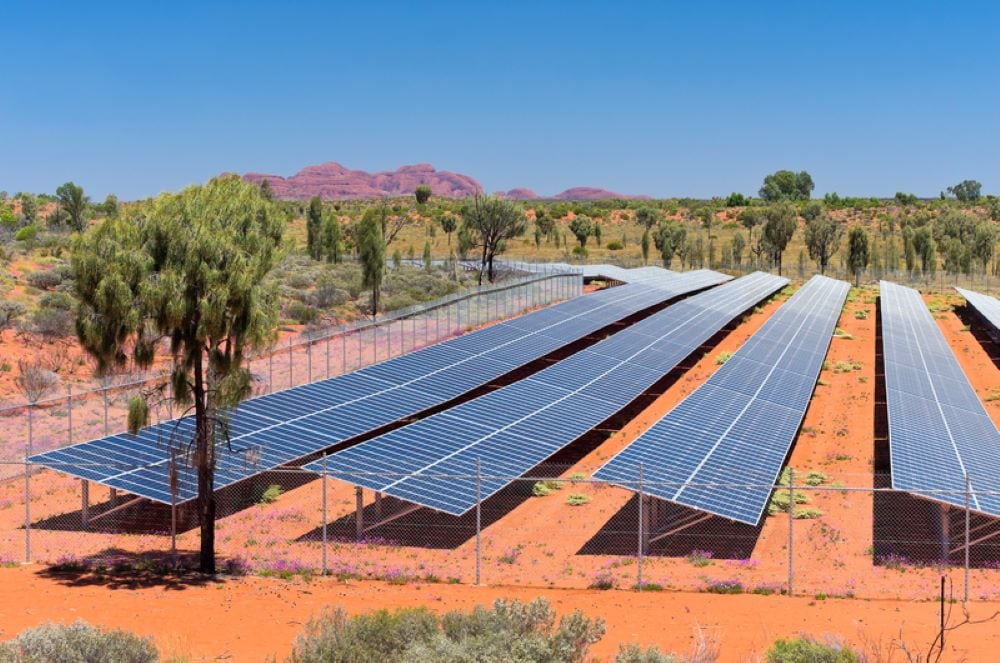
Generally, it seems that agriculture is one of the least prioritised portfolios by this government, evidenced by agriculture being mentioned only once in the Treasurer’s budget speech. For this to change it may not only be about new agriculture-specific investments but also about getting agriculture embedded in programs across skills, energy, climate, and other areas. To achieve this, there needs to be greater recognition of the role agriculture and food plays in the lives of everyday Australians. This is especially relevant in the current economic climate of disrupted supply chains leading to the need for more self-sufficiency, and high inflation which hurts the disadvantaged and the poor the most.
The Federal Government has recently signed up to the Global Methane Pledge. Read more here.



